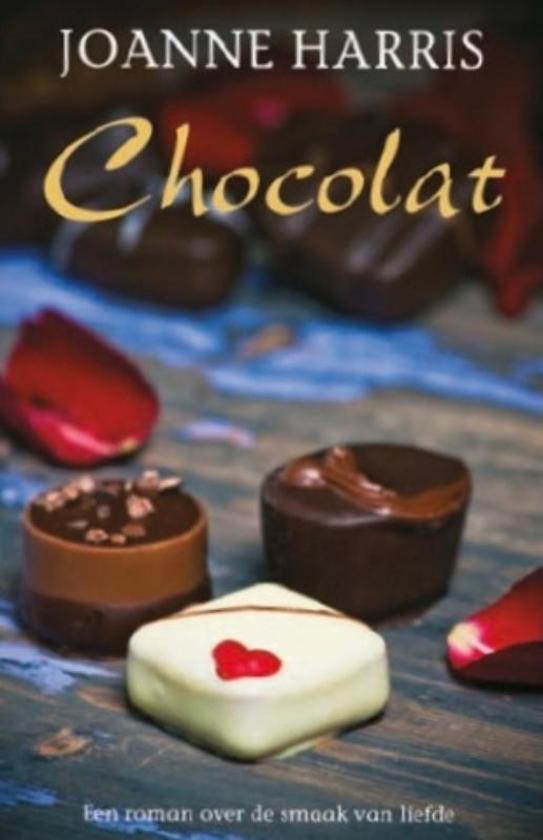
Vianne explains, “We don’t attend, you know.” When the priest learns that Vianne is unmarried, his outrage turns to horror. Père Reynaud pays Vianne a visit: it is Sunday, and he didn’t see Vianne or her daughter at church. Each protests that they have given up chocolate for Lent, but Vianne displays an uncanny ability to identify exactly the chocolate that will tempt them: “It’s your favorite kind.” Several of the villagers become regular customers. One-by-one, the villagers enter the shop.

It is Lent, a time of austerity and solemnity, not appropriate for opening a shop that encourages indulgence and sensuality. Vianne rents an apartment and turns an abandoned bakery into a “chocolaterie artisanale,” which she calls La Céleste Praline. Vianne and Anouk enjoy the festival so much that they decide to stay in Lansquenet. In the midst of the crowd are two recent arrivals: the beautiful Vianne Rocher and her daughter, Anouk. At the rear of the procession is a solemn figure in black: the curé, Père Reynaud.

On the single quiet street of Lansquenet-sous-Tannes, a parade is progressing past the small shops and the white-painted church.

The novel was shortlisted for the Whitbread Prize and adapted into a film of the same name, starring Juliette Binoche, in 2000. It tells the story of the mysterious Vianne Rocher, who arrives in the traditional and strait-laced French village of Lansquenet-sous-Tannes, where she opens a chocolate shop that quickly becomes a focal point for resistance to the village priest, Francis Reynaud. Chocolat is a 1999 novel by the British writer Joanne Harris.


 0 kommentar(er)
0 kommentar(er)
